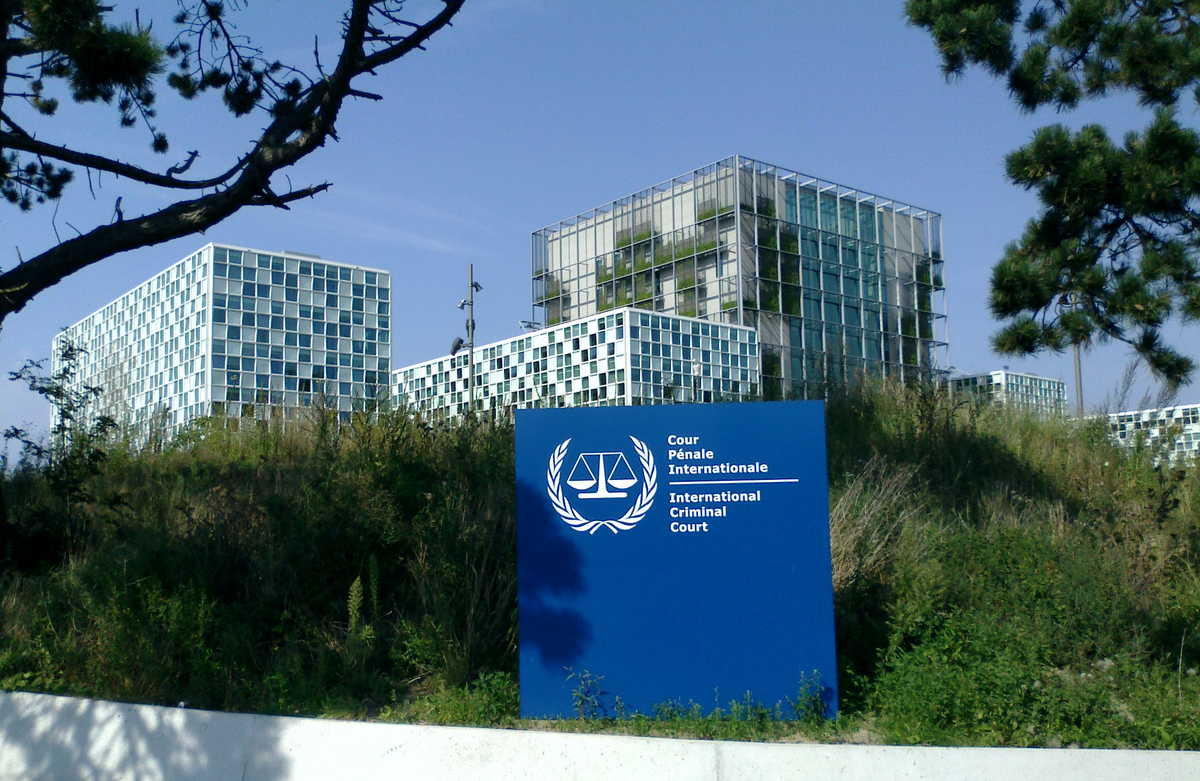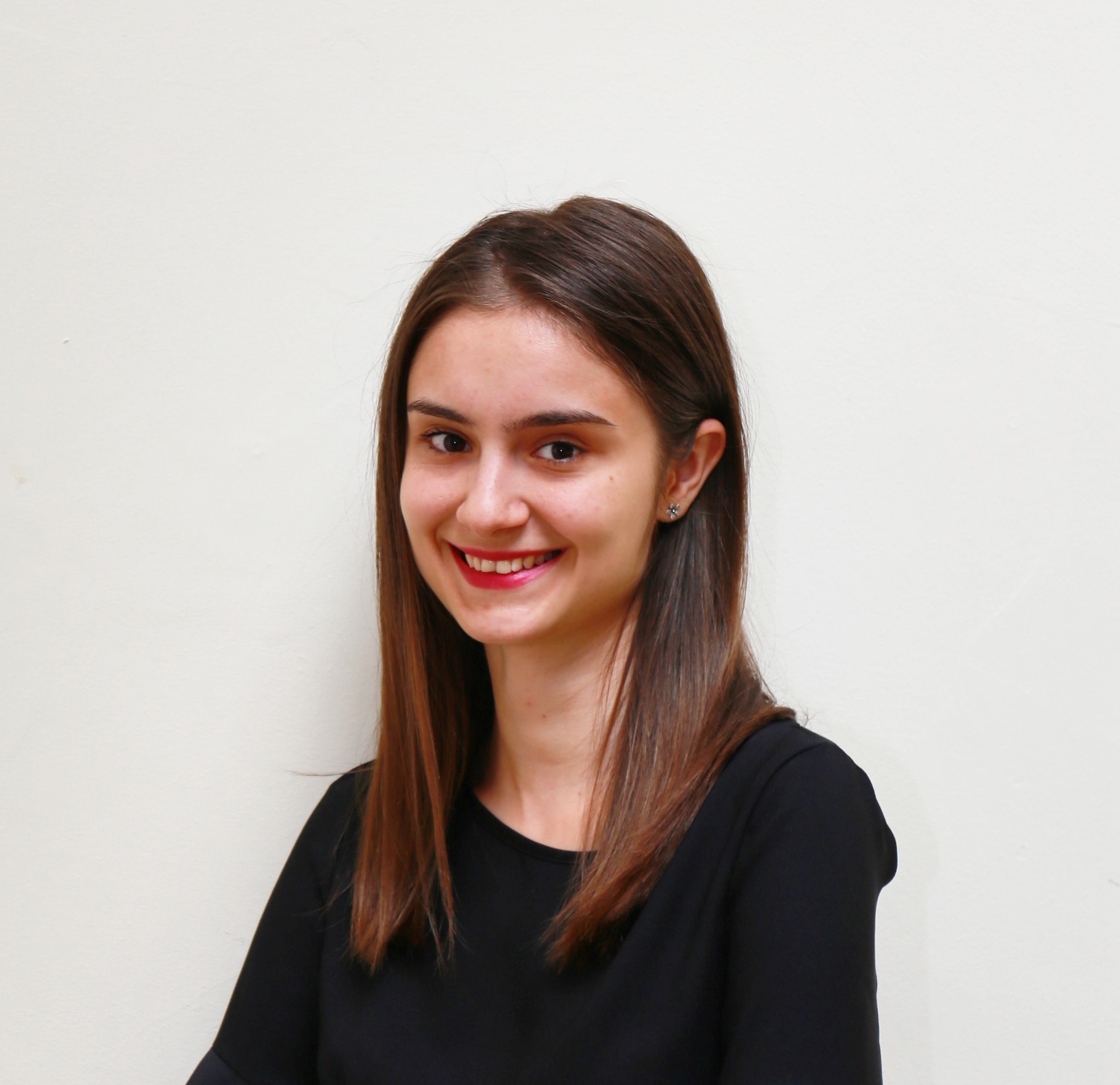
Georgiana Epure took part in a recent podcast on the future of the International Criminal Court.
A Gates Cambridge Scholar has taken part in a podcast discussion on the future of the International Criminal Court.
Georgiana Epure took part in the Declarations: The Human Rights Podcast last week. The podcast is a new project of the Centre for Governance and Human Rights Student Group at the University of Cambridge.
Georgiana [2016] is doing an MPhil in International Relations and Politics and is the founder of The Responsibility to Protect Student Journal.
The International Criminal Court (ICC) was established in 2002 to prosecute individuals for committing genocide, crimes against humanity and war crimes. However, only Africans have been prosecuted by the court so far, leading some African states to criticise the court for a perceived bias against Africans.
Georgiana was one of three speakers to address questions such as why the ICC is being accused of bias, whether the accusation is accurate and what the future is for international justice in Africa.
Her MPhil research looks at the 'making of' the responsibility to prosecute and its political implications.
During the podcast Georgiana spoke of how the ICC is perceived by some as racist and a reflection of neoliberal power politics. Many African countries had experience of conflicts and may have different ideas about justice, she stated. Moreover, the threat of prosecution at the ICC might mean war criminals had little incentive to relinquish power.
She outlined instead the case for transformative justice and distinguished between different types of rights. The ICC focused on the violation of civil and political rights, but guilt was “not necessarily individualised”. Structural inequalities might instead be to blame.
Georgiana added that one way of addressing the perceived bias of the ICC was to openly acknowledge that it is situated in a political world and its decisions have political consequences. "One way to solve the legitimacy crisis [of the ICC] is to acknowledge that it is political," she said.
Another issue she discussed was that cases are only referred to the ICC as a last resort when national governments were unable or unwilling to prosecute. The ICC is trying to work with national governments to create capacity at the national level so that cases would not have to be referred for its consideration.
The full podcast can be listened to here.
Picture credit: Wikipedia.

Georgiana Epure
- Alumni
- Romania
- 2016 MPhil International Relations & Pols
- Christ's College
Georgiana Epure is a human rights and gender justice advocate, with a background in international politics and international criminal justice.
Georgiana is Senior Advocacy and Campaigns Officer at Girls Not Brides: The Global Partnership to End Child Marriage, where she leads the development and delivery of Girls Not Brides’ global advocacy and campaigns to end child marriage, in collaboration with teams based in Africa, Asia and Latin America and the Caribbean, member organisations and National Partnerships and coalitions.
As the President of the Association for Liberty and Gender Equality (Romania), she coordinates the organisation’s advocacy work, with a focus on eliminating harassment in the workplace, combatting violence against women, and developing feminist cities. She also serves on the Board of Women Deliver, an international NGO that seeks to advance sexual and reproductive health and rights.
Previously, Georgiana was a Legal Associate with the Open Society Justice Initiative, where she worked on human rights strategic litigation and advocacy on issues ranging from economic justice and women’s rights to corporate accountability, ensuring respect for human rights in national security operations and implementation of judgments. Prior to this, Georgiana worked at the European External Action Service and in the Office of the Prosecutor at the International Criminal Court.
Georgiana holds an MPhil degree in International Relations and Politics from the University of Cambridge, funded by the Bill and Melinda Gates Foundation, and an MA degree in Social Science Research Methods from the University of Leeds, where she also completed her BA in International Relations as a valedictorian.
Previous Education
University of Leeds












